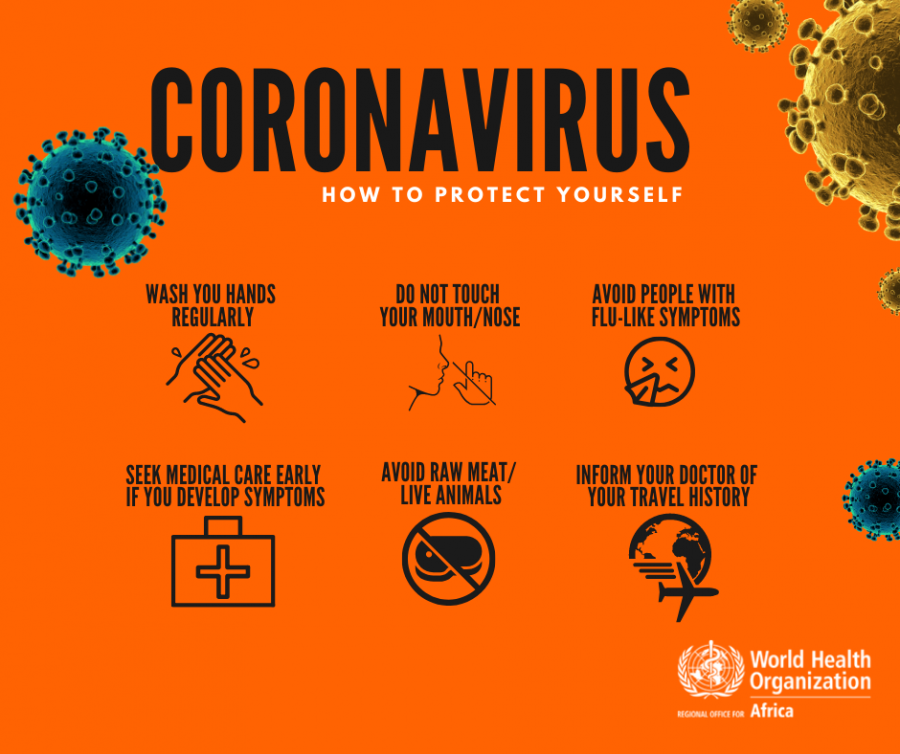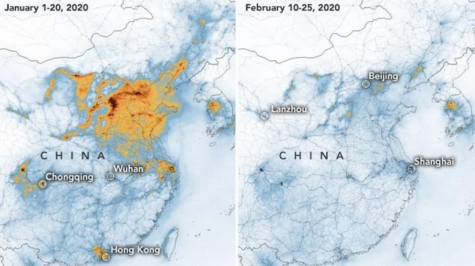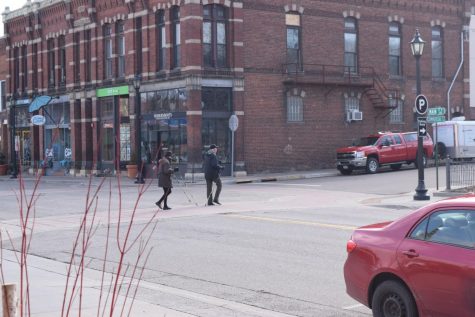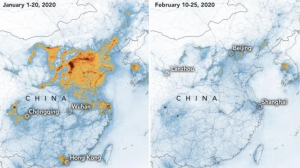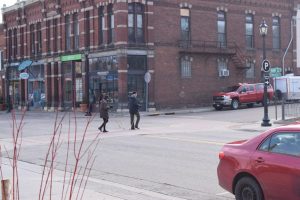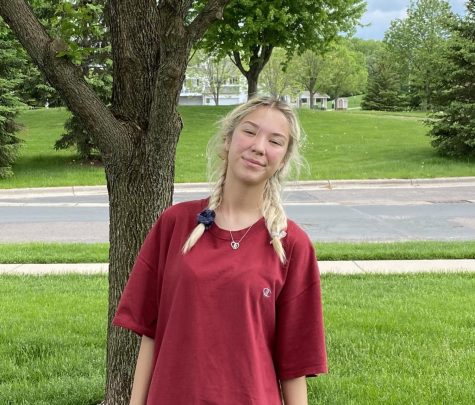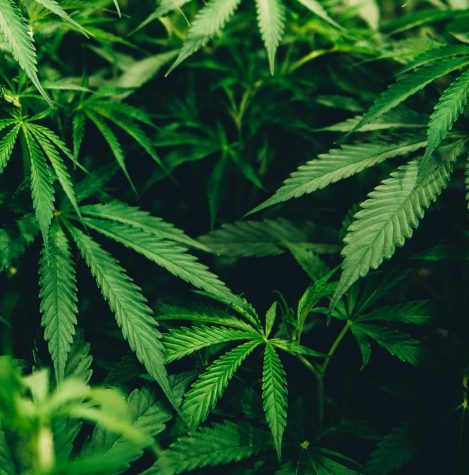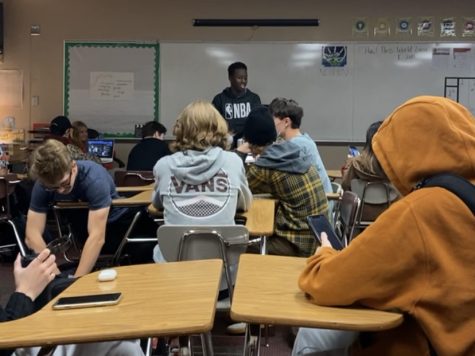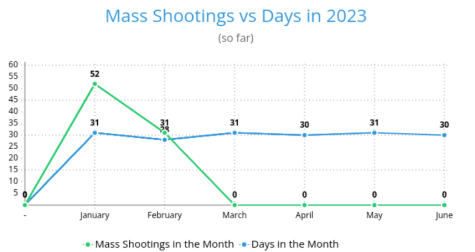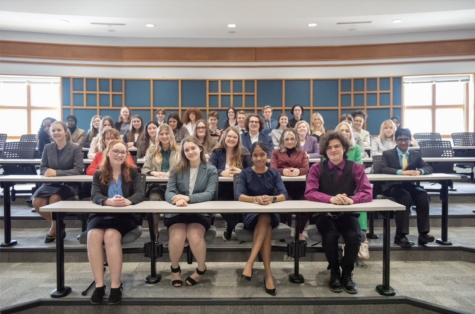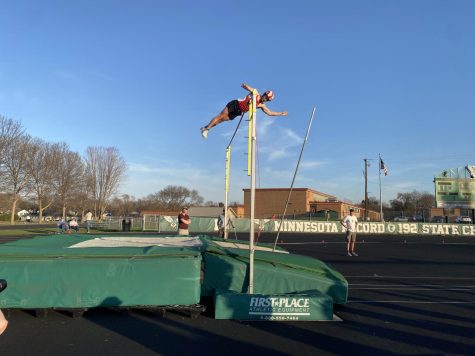Canadian worker recovers from coronavirus
Fair use image by the World Health Organization
Although there is no vaccine for the coronavirus, there are ways to prevent it from spreading. People who practice good hygiene have a better chance of not contracting the virus than those who do not.
April 17, 2020
The idea of contracting the corona virus is terrifying for many people. The harsh symptoms and the possibility of death has led to a nationwide lock-down and a new era of social distancing. One person who has come down with the virus, has decided to share his story with the public on what it is like to survive from a disease that shut the world down indefinitely.
“For reading week [Canadian version of spring break], my co-worker visited his family in Wuhan, however he didn’t tell our work where he was going,” *John Doe said. “At this point, my country wasn’t on high alert for the virus, and thus our customs weren’t actively screening properly. He wasn’t feeling the symptoms, so he returned to work. It wasn’t until he started feeling symptoms that he got tested, and it turns out he was positive.”
“Because of this, everyone who was on shift with him (which was 10 people) had to go through mandatory screening for the virus. It turned out 7 out of 10 of us did test positive, and the store was closed as a result,” Doe said.
Doe took all the necessary precautions to avoid catching the virus. He was very keen to wash his hands and took coronavirus seriously. Yet, the coronavirus managed to infect J. However, since he has good hygiene, his illness was not too detrimental to his health.
“I practice frequent hygiene, so the doctor actually told me I’d likely not feel any symptoms and would probably get better in about a week’s time,” Doe said.
Even though he was considered healthy and was told he would not struggle too much, the symptoms became harsh at the peak of the illness.
“The first week, I felt little to no symptoms at all, but in the span of 2-3 days, all the symptoms decided to hit like an absolute truck, to the point where even getting out of bed was a hassle,” Doe said.
Although the government continues to debate whether to put Canada on lock-down, Doe is still allowed to go outside to get necessities. He has now recovered and is considered healthy and he knows how to prevent the virus from spreading while he is in public.
“Because I’m at very little risk of spreading it, I don’t need to stay completely secluded,” Doe said. “I can go out and get necessities if I have proper covering, but I can only use debit to buy things to reduce the chance of spreading.”
Doe even said life hasn’t changed much for him. Rent still gets paid and he is back at work.
However, other people who have coronavirus have responded differently to it. People have different bodies and thus their immune systems react differently to the illness.
“The most commonly reported symptoms included fever, dry cough, and shortness of breath, and most patients (80 percent) experienced mild illness,” the World Health Organization (WHO) said. “Approximately 14 percent experienced severe disease and 5 percent were critically ill.”
The number of people who have the coronavirus continues to rise everyday. Although a majority of people experience the mild illness from coronavirus, it is important to continue practicing social distancing and good hygiene to protect the minority of people that experience the severe disease.
WHO recommends washing your hands, coughing into your elbow, not touching your face and practicing social distancing.
Doe said he is doing pretty well now, “I recovered after around 2 weeks and I’m completely virus free now.”
“The only thing I can really say is not to panic and spread fake news. If you’re unwell? Stay home. Use common sense. Even if this wasn’t a global pandemic, people should be washing their hands and not coming into work while sick. The fact that it took a global pandemic for people to realize this astounds me,” Doe said.


